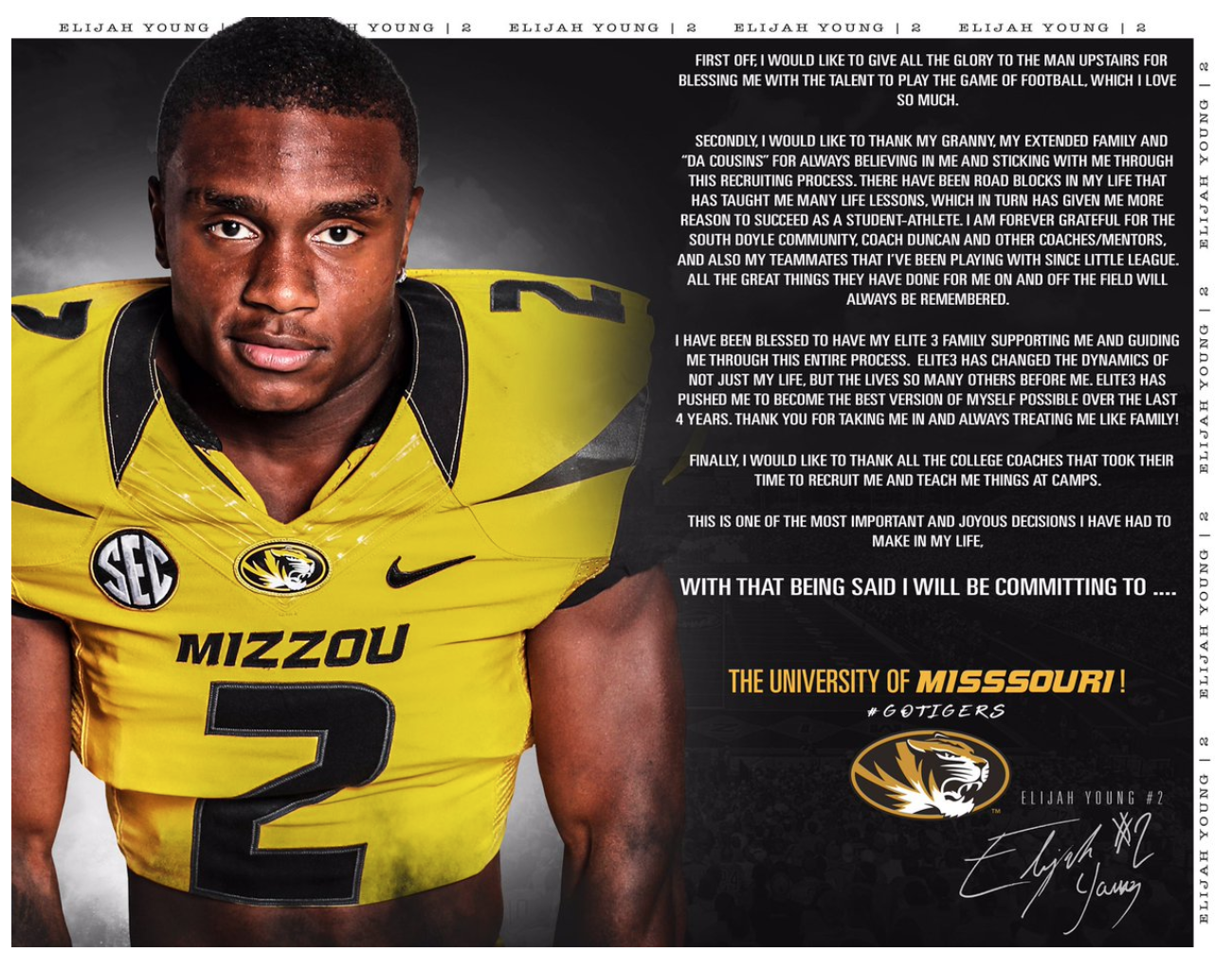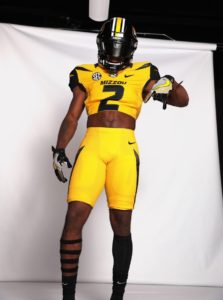
By Gavin McMacken, {grow} Community Member
This is a time of year when college football in America is reaching its frenzied peak. We’re enjoying the pageantry and tradition of bowl games and the upcoming championship games.
I’m lucky enough to be part of this world — I just finished my 21st season as a college football coach. You might be wondering why I would be following Mark Schaefer’s marketing blog and writing for you today. Well, I’ve come to realize that being a social media marketer is an integral part of being a coach. It’s a fascinating use case that has transformed the profession. I think you’ll enjoy my story.
From football coach to marketer
I never intended to be a coach. However, after several interviews in the sales and marketing world, I quickly realized sales and marketing was not for me. In this period of professional uncertainty, the head coach I played for at Alma College offered me a coaching position, and I jumped at the opportunity to join his staff.
When people find out I’m a football coach, the typical questions are:
“What do you do the rest of the year?” and
“Do you teach classes too?”
There is a level of surprise when I explain it’s a “coaching only” position because many people don’t understand how this could be a full-time job. It’s not their fault. When I first began coaching, I didn’t know either. What I learned is that football success really occurs in the off-season. That’s when we do our recruiting.
In college sports, we have a constant churn of athletes. Essentially we create a new team every year wit the new college athletes we bring to campus. And attracting these athletes requires a lot of marketing.
So, the joke is on me. I became a coach to avoid a career in marketing. And now, marketing is a major part of my job!
How I became a social media marketer
When began recruiting in the Fall of 2000, interactions with recruits consisted of snail mail letters, phone calls, and in-person visits.
As the internet advanced, snail mail was replaced with e-mail. Desk phones were replaced with cell phones. Phone calls were replaced with text messages. Eventually, the addition of social media platforms, most notably Twitter, changed college recruiting forever.
I resisted the move toward social media. But that all changed in 2015, when my new head coach at Northwood University insisted that each assistant coach create a Twitter profile for recruiting. Creating my first tweet was intimidating. It felt like a job interview—anyone could see it and pass judgment. I wanted to make sure I represented myself and the university in a first-class manner. You can imagine my relief when I saw the first person actually “like” my tweet!
In those early days, I could have no idea the impact Twitter would have on my life and career as a coach.
The Twitter connection with athletes
Prior to Twitter, I had to reach out to high school coaches asking for contact information for their players. If coaches didn’t respond to my request, recruitment of their players was nearly impossible. Now, using Twitter, I can search a prospect’s name, give him a follow, and send a direct message to him immediately. I have an immediate and direct line of communication with recruits.
It’s also a great way to track a prospect’s recruitment process. Recruits aren’t always forthright with information, fearing backlash from coaches. A simple glance through a recruit’s tweets keeps me informed of scholarship offers they’ve received and recruiting visits they’ve attended.
The largest university football programs have entire departments dedicated to recruiting and social media. I work for a smaller school where the coaches wear many hats — from running the equipment room to coordinating team laundry. We also make up the entire recruiting department.
I don’t have anybody to delegate to. I am the first-line of social media connection with our potential student athletes. In fact, recruiting is 75 percent of my job. Recruiting, and the social media marketing that goes with it, is far more complex and time-consuming than actually coaching a football game.
Social media never takes a day off … so my recruiting efforts never take a day off. My social media engagement with recruits can number from 50 interactions on a slower day to well over 100 on a busy day. I receive direct messages throughout the day and into the evening when I’m at home with my family. I do my best to respond to each message because, in my mind, if a young man has the courage and takes the time to message me directly, it warrants a response.
And I’m frequently reminded high schoolers don’t ever sleep based on the number of direct messages I receive in the middle of the night! Once, a college football hopeful decided to continue sending messages after I regrettably responded to the first one at 1:45 am. I quickly learned responses to middle-of-the-night messages should wait until morning.
By the way, I choose to keep my Twitter account private for two reasons: 1) I want to know when a recruit wants to follow me instead of losing him in the shuffle, and 2) I learned the hard way that opposing coaches were trolling the heck out of my Twitter activity. So I decided to go private to make those coaches do their own research.
The image-maker
Along with essential daily communication, social media has been a great way to market the image of my football team to recruits. The ability to tweet eye-catching graphics allows me to spread information quickly, whether announcing camps we’re hosting, our game schedule, or the uniform combinations we wear any given week.
The team social media function also helps create the athlete’s image. When I offer a scholarship to a recruit, typically the first question is, “Can I post my offer on Twitter?” When I tell them they can, the follow-up question is if I will provide them with graphics they can use on social media to announce their scholarship offer. The graphic support continues when an athlete commits to a program (an example from Mark Schaefer’s mentee Elijah:

 Along with the use of graphics, many universities host an elaborate, professional photoshoot as part of a recruit’s campus visit. Recruits excitedly try on the new gear we issue and pose for pictures in helmets, cleats, and a jersey with their own number on it. The pictures are put in a shareable file where recruits access them and post them with recaps of their visit.
Along with the use of graphics, many universities host an elaborate, professional photoshoot as part of a recruit’s campus visit. Recruits excitedly try on the new gear we issue and pose for pictures in helmets, cleats, and a jersey with their own number on it. The pictures are put in a shareable file where recruits access them and post them with recaps of their visit.
Literally thousands of people see these pictures. It’s not uncommon for recruits who have not yet visited to comment on how awesome our jerseys are or how amazing our locker room looks. The brand expands in this way.
When a recruit tweets out a scholarship offer, a commitment, or photos from his visit, it often accompanies a thank you to the coach who has recruited them: “I have committed to Northwood University. Thank you @Coach_McMacken for recruiting me.”
As soon as my Twitter handle makes it into a post, the next group of college football hopefuls send follow requests, and the recruiting cycle rages on. I thought I was a college football coach. Turns out I’m a social media marketer!
 Gavin McMacken is the Defensive Coordinator for NCAA D-II Northwood University in Midland, MI where he resides with his wife Lindsey and their son Gideon. You can follow him on LinkedIn.
Gavin McMacken is the Defensive Coordinator for NCAA D-II Northwood University in Midland, MI where he resides with his wife Lindsey and their son Gideon. You can follow him on LinkedIn.


